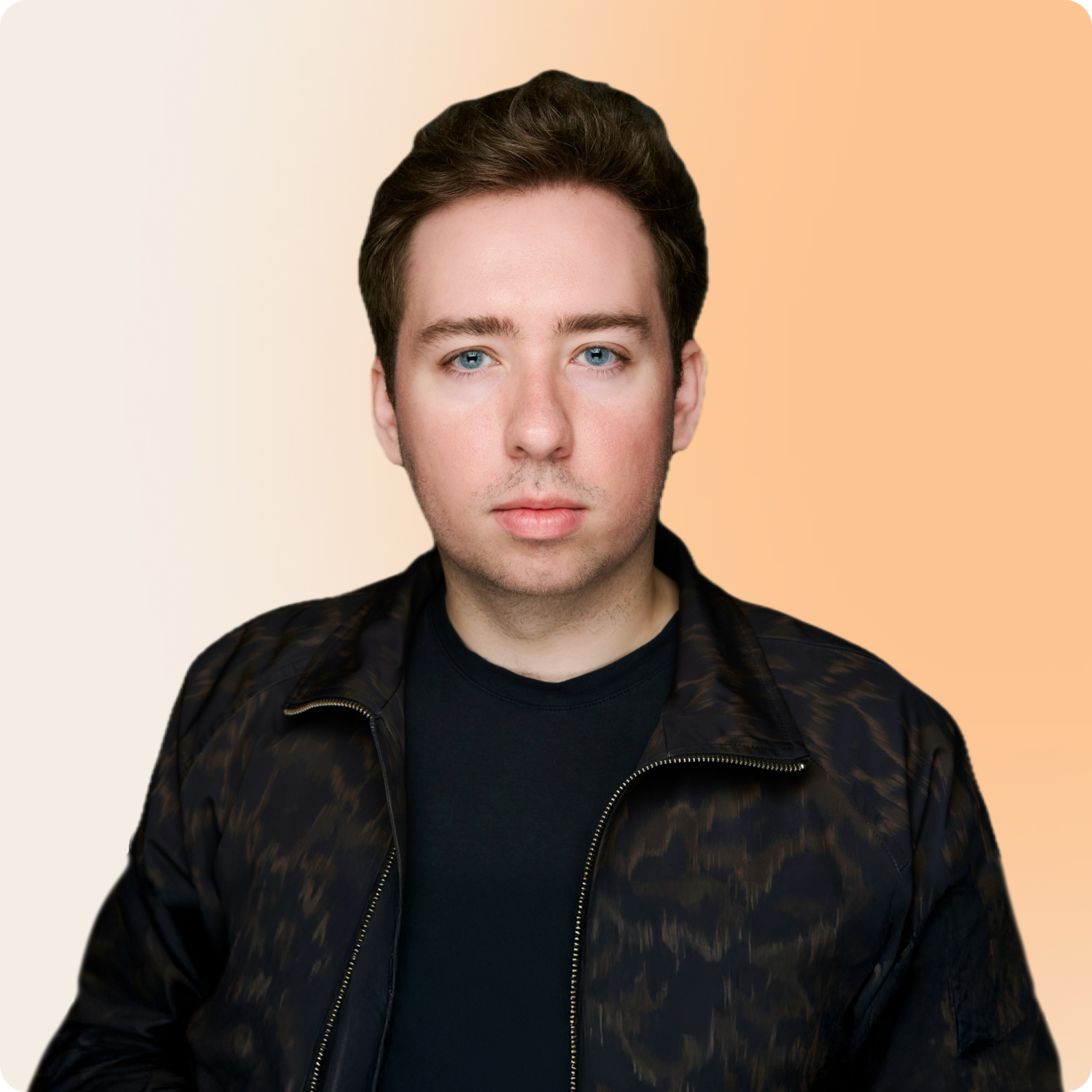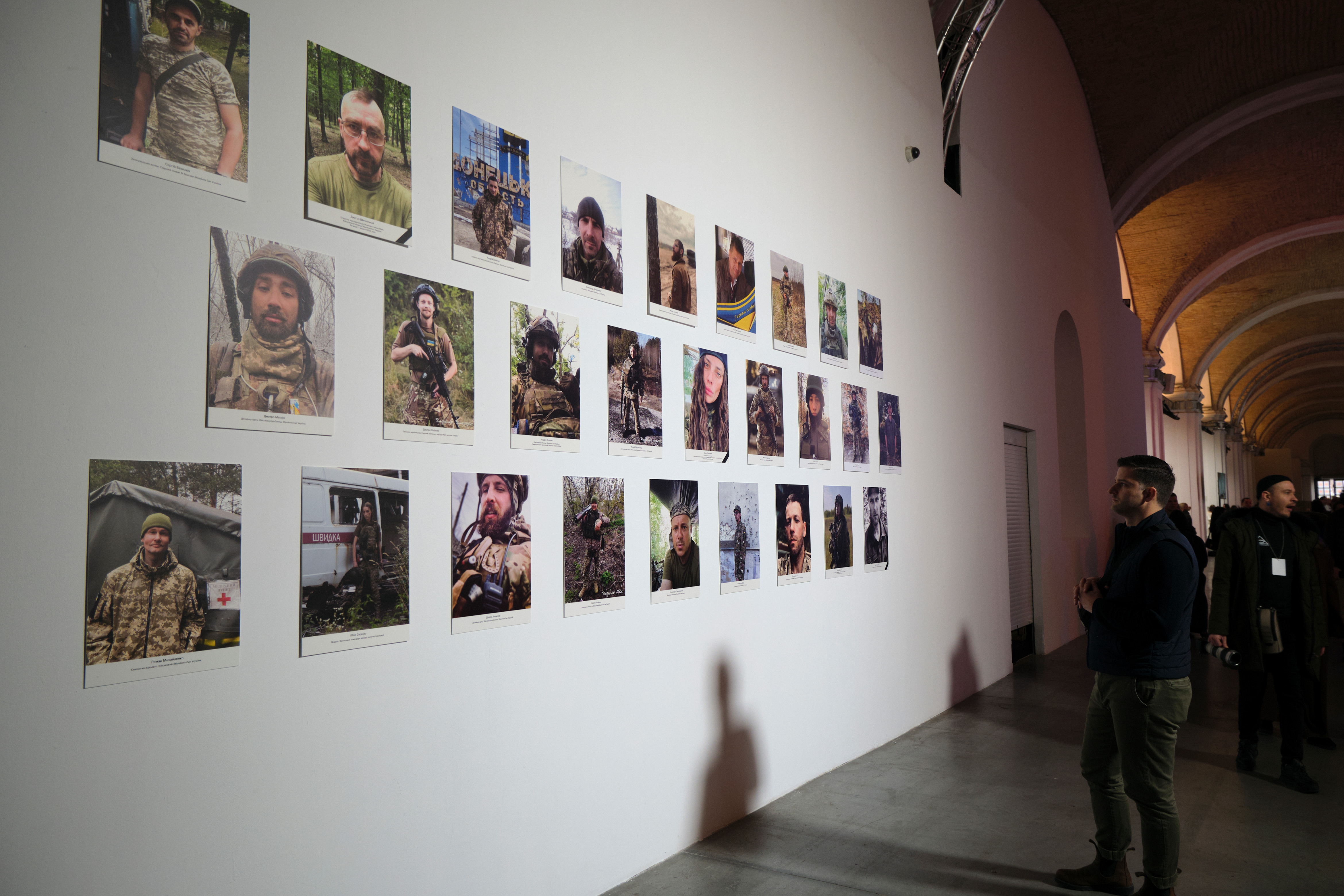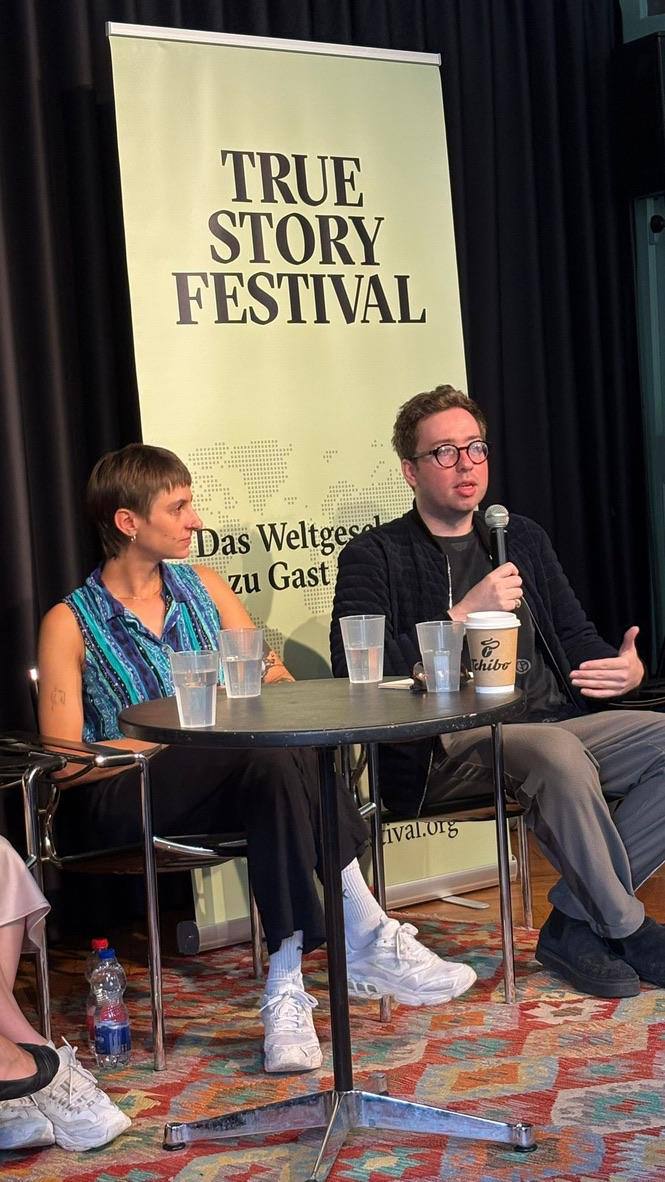45
Days
12
Hours
44
Mins
29
Secs
left to apply
When Finbarr Toesland began investigating “conversion therapy” — practices that attempt to change or suppress someone’s sexual orientation or gender identity — he met survivors carrying deep scars. They described years of trauma, isolation, and silence.
For Finbarr, those testimonies reinforced why journalism matters. His work exposes hidden injustices, amplifies marginalized voices, and ensures that silence never becomes permission for harm. From documenting conversion practices in Europe to reporting on LGBTQ+ refugees in conflict zones, he has carried this mission across 18+ countries.
Through Global Fellows in Courage, Finbarr has found something rare in investigative work: a community of peers who understand the weight of pursuing justice, and the courage it takes to keep going.
His leadership lies in persistence — meticulous reporting in the face of resistance — and in honoring the courage of those who risk everything to speak out.

Being part of Global Fellows in Courage has connected me to people who understand what it means to keep going when the work feels heavy. Journalism can be isolating, but knowing there is a group of peers who share the same drive for justice has been grounding.
The fellowship has also given me the space to step back and reflect. When chasing deadlines and piecing together difficult investigations, reflection is often the first thing to go. Having structured time to pause and consider the bigger picture has helped me see my reporting as part of a wider movement for change.
There has also been real value in learning from other sectors. Hearing how activists and lawyers sustain their courage over years of work has given me new approaches to resilience that go beyond journalism. Most of all, the fellowship has reminded me I am not working alone.
Courage, to me, is the choice to speak or act when there is every reason to stay silent. It is shown most clearly by the people I report on rather than by me. Survivors of abuse, gay refugees, or activists living under authoritarian regimes display extraordinary courage when they risk stigma, arrest, or violence to make their voices heard.
I do not see myself as courageous in the same way. My role is to investigate and make sure their stories reach the public. The real courage lies with those who allow me into their lives and share their experiences despite the risks.

I focus on exposing hidden injustices against marginalized communities, particularly LGBTQ+ people. In the UK, one urgent issue is the persistence of conversion practices. Despite repeated government promises, these harmful interventions continue in unregulated networks of churches and religious groups.
The urgency lies in the damage done to people’s lives. Survivors describe long-term trauma, broken family relationships, and severe impacts on their mental health.
There is also a global dimension. In places affected by war or authoritarian politics, LGBTQ+ people are often erased from human rights conversations. Their needs are ignored in refugee systems or humanitarian aid. By documenting these stories, I am trying to make sure invisibility does not excuse neglect.
At its core, the problem is about accountability and recognition. My work aims to make sure silence does not become permission for ongoing harm.
One of the biggest challenges is access. The networks I investigate are designed to stay hidden. Survivors are often fearful and institutions close ranks when questions are asked.
Another challenge is the pushback. Powerful groups resist exposure and journalists are often targeted when their work threatens established systems. I have experienced attempts to discredit my reporting and discourage sources from speaking.
I work to overcome this by being meticulous. Every fact is checked, every testimony is corroborated. Precision is the best defense against efforts to undermine the story. I also build long-term relationships with communities. Trust does not come quickly, especially when people have been betrayed before. By showing consistency and respect, I have been able to gain access that others might not.

In the next decade, I hope to see real accountability for those who carry out harmful practices against LGBTQ+ people. That means laws that are enforced, survivors who are supported, and communities where acceptance is the norm rather than the exception.
I also hope that journalism continues to play a central role in holding power to account. I want my work to contribute by documenting abuses that others try to deny or erase, making sure they are on record and impossible to ignore.
Beyond conversion practices, I want to see LGBTQ+ rights fully recognized in conflict and humanitarian contexts. Refugees and displaced people deserve to be protected, not overlooked. By reporting on their experiences, I aim to push these issues higher on policy agendas.
I find hope in the people who trust me with their stories. There is also hope in seeing the ripple effects of stories. After one of my investigations into conversion practices, survivors told me they felt less alone knowing others had spoken publicly. That kind of feedback reminds me that journalism can make a tangible difference.
I also draw energy from my peers. Other journalists and activists show me that progress is possible, even when it is slow. Putting testimony on record means that even if change takes time, silence is no longer complete.
Finbarr’s investigative work embodies the heart of GFiC: courageous leaders shaping systemic change. From London to refugee camps across the world, his reporting is proof that persistence, precision, and community can break through silence.